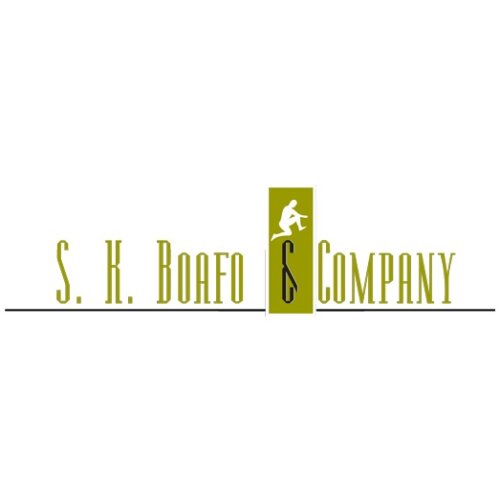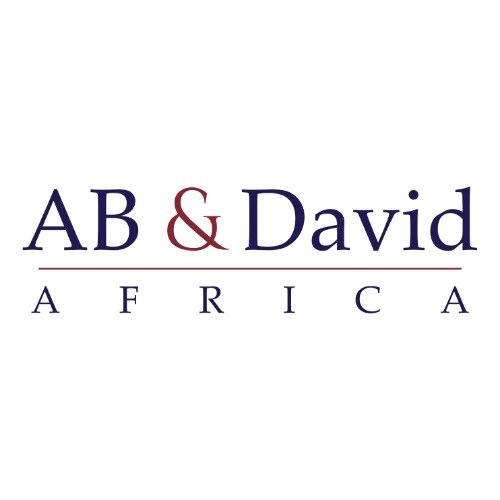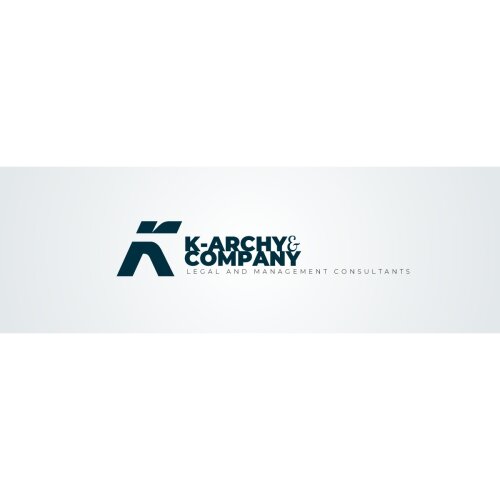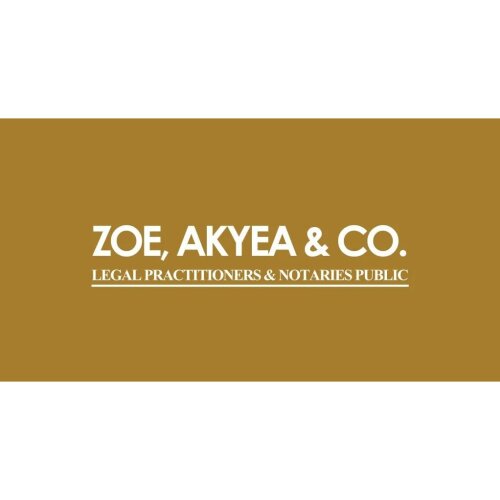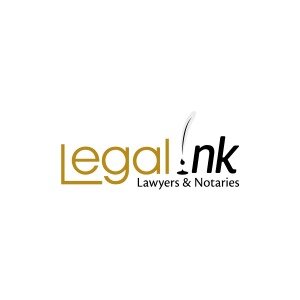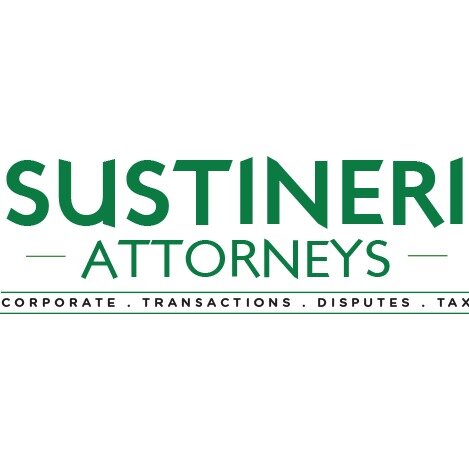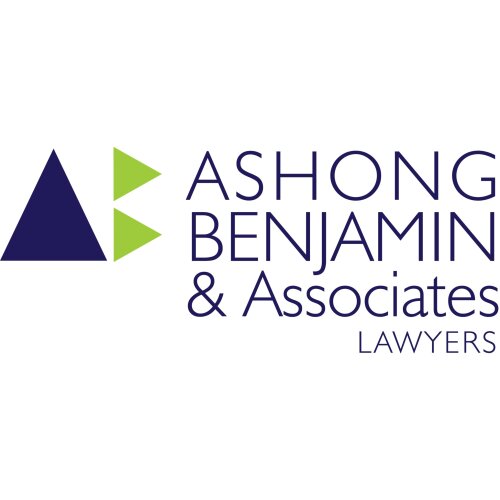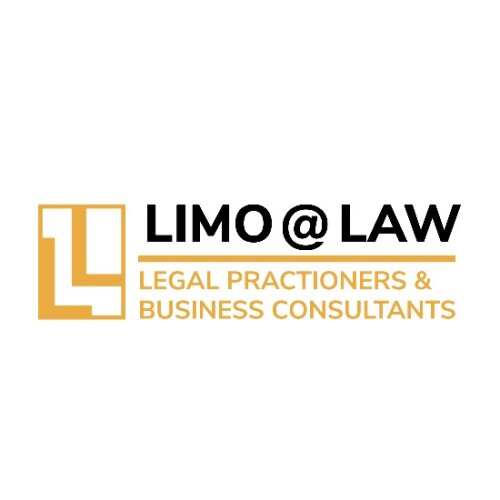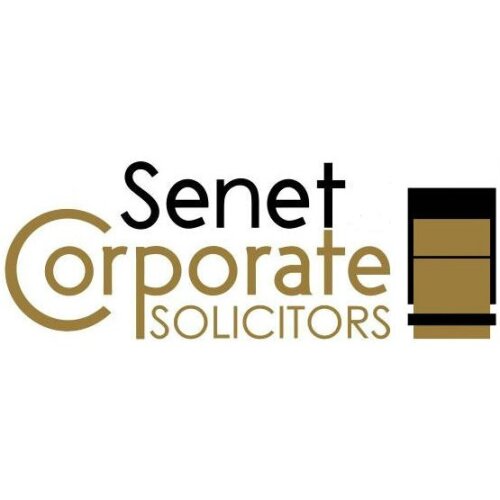Best Commercial Litigation Lawyers in Accra
Share your needs with us, get contacted by law firms.
Free. Takes 2 min.
List of the best lawyers in Accra, Ghana
About Commercial Litigation Law in Accra, Ghana
Commercial litigation in Accra, Ghana involves legal disputes arising from business and commercial transactions. These may include conflicts between companies, disputes over contracts, shareholder issues, debt recovery, partnership disagreements, and more. Accra is Ghana's commercial hub, with a busy legal environment shaped by both local law and international business practices. The legal system relies on statutes, case law, and commercial customs to resolve these business disputes, usually through the civil courts such as the High Court (Commercial Division), but sometimes also through alternative dispute resolution methods like arbitration and mediation.
Why You May Need a Lawyer
Many individuals and businesses encounter situations where professional legal guidance is necessary. Some common situations where you may require a lawyer experienced in commercial litigation include:
- Contract disputes, such as breaches or disagreements about contract terms - Recovering debts owed to your business - Disputes among business partners or shareholders - Allegations of fraud or misrepresentation in business dealings - Issues arising from mergers, acquisitions, or joint ventures - Government or regulatory actions affecting your business - Disputes with suppliers, customers, or service providers - Intellectual property conflicts involving trademarks, patents, or copyrights A qualified lawyer can provide clarity on your rights, explain possible outcomes, negotiate on your behalf, and represent your interests in court if necessary. Seeking legal advice early often helps avoid lengthy and costly litigation later.
Local Laws Overview
Commercial litigation in Accra is governed by several key laws and court procedures. The principal statute is the Companies Act, 2019 (Act 992), which regulates company formation, conduct, and dispute resolution. Other relevant laws include the Courts Act, 1993 (Act 459) and the Civil Procedure Rules (C.I. 47). The High Court (Commercial Division) specifically handles most commercial cases, putting a strong emphasis on efficient and fair resolution of disputes. Ghana also encourages the use of mediation and arbitration, especially for international matters, as supported by the Alternative Dispute Resolution Act, 2010 (Act 798). In addition, business activities must follow regulations set by agencies like the Registrar General's Department and Ghana Revenue Authority. Understanding these local laws is crucial for effective legal action or defense in commercial matters.
Frequently Asked Questions
What does commercial litigation cover in Ghana?
Commercial litigation covers any legal dispute that involves business matters, such as contracts, partnerships, debts, and company-related issues.
Which court handles commercial disputes in Accra?
The High Court (Commercial Division) in Accra primarily handles commercial disputes, but other courts may get involved depending on the complexity and amount involved.
Do all commercial disputes end up in court?
No, many commercial disputes are resolved through negotiation, mediation, or arbitration before they reach the court stage.
How long does commercial litigation take?
The duration varies widely depending on the complexity of the case, but some matters can be settled in months, while others may take years.
Can a foreign company be involved in commercial litigation in Ghana?
Yes, foreign companies doing business in Ghana can be parties to litigation or arbitration, provided the cause of dispute is subject to Ghanaian jurisdiction.
What is the cost of hiring a commercial litigation lawyer in Accra?
Costs depend on the lawyer's experience, the firm's reputation, and the complexity of your case. Many lawyers charge hourly, while some offer flat rates for certain matters.
Is it possible to appeal a commercial court judgment?
Yes, you can appeal most High Court judgments to the Court of Appeal, and in some cases, to the Supreme Court of Ghana.
What is the role of mediation and arbitration?
Mediation and arbitration are alternative dispute resolution methods encouraged by the Ghanaian courts, allowing parties to resolve disputes more quickly and less formally than through litigation.
Can I represent myself in a commercial court case?
While you have the right to self-representation, commercial litigation cases are often complex, so it is highly advisable to hire a qualified lawyer.
What documents will I need for my case?
Required documents usually include contracts, agreements, company records, financial statements, correspondence, and any relevant evidence of the dispute.
Additional Resources
You may find the following institutions and resources helpful for further guidance or legal assistance:
- Ghana Bar Association: Provide a directory of qualified lawyers and legal advice - Registrar General’s Department: Regulates company registrations and maintains company records - Judicial Service of Ghana: Offers information on court processes and locations - Ghana Arbitration Centre: Specializes in alternative dispute resolution - Legal Aid Commission: Offers support for individuals and small businesses who may not afford full legal fees - Ghana Chamber of Commerce and Industry: Can guide on business-related legal matters
Next Steps
If you are facing a commercial dispute in Accra, Ghana, consider taking the following steps:
- Gather all documents and evidence related to your dispute - Make detailed notes of key events, dates, and persons involved - Consult with a commercial litigation lawyer for a full assessment of your case - Discuss possible strategies, including negotiation, mediation, and litigation - Review all documents before signing any agreements or settlements - Adhere to all legal timelines and court directions to avoid missing deadlines Taking these steps early can greatly improve your chances of resolving your commercial dispute successfully and protecting your business interests.
Lawzana helps you find the best lawyers and law firms in Accra through a curated and pre-screened list of qualified legal professionals. Our platform offers rankings and detailed profiles of attorneys and law firms, allowing you to compare based on practice areas, including Commercial Litigation, experience, and client feedback.
Each profile includes a description of the firm's areas of practice, client reviews, team members and partners, year of establishment, spoken languages, office locations, contact information, social media presence, and any published articles or resources. Most firms on our platform speak English and are experienced in both local and international legal matters.
Get a quote from top-rated law firms in Accra, Ghana — quickly, securely, and without unnecessary hassle.
Disclaimer:
The information provided on this page is for general informational purposes only and does not constitute legal advice. While we strive to ensure the accuracy and relevance of the content, legal information may change over time, and interpretations of the law can vary. You should always consult with a qualified legal professional for advice specific to your situation.
We disclaim all liability for actions taken or not taken based on the content of this page. If you believe any information is incorrect or outdated, please contact us, and we will review and update it where appropriate.



